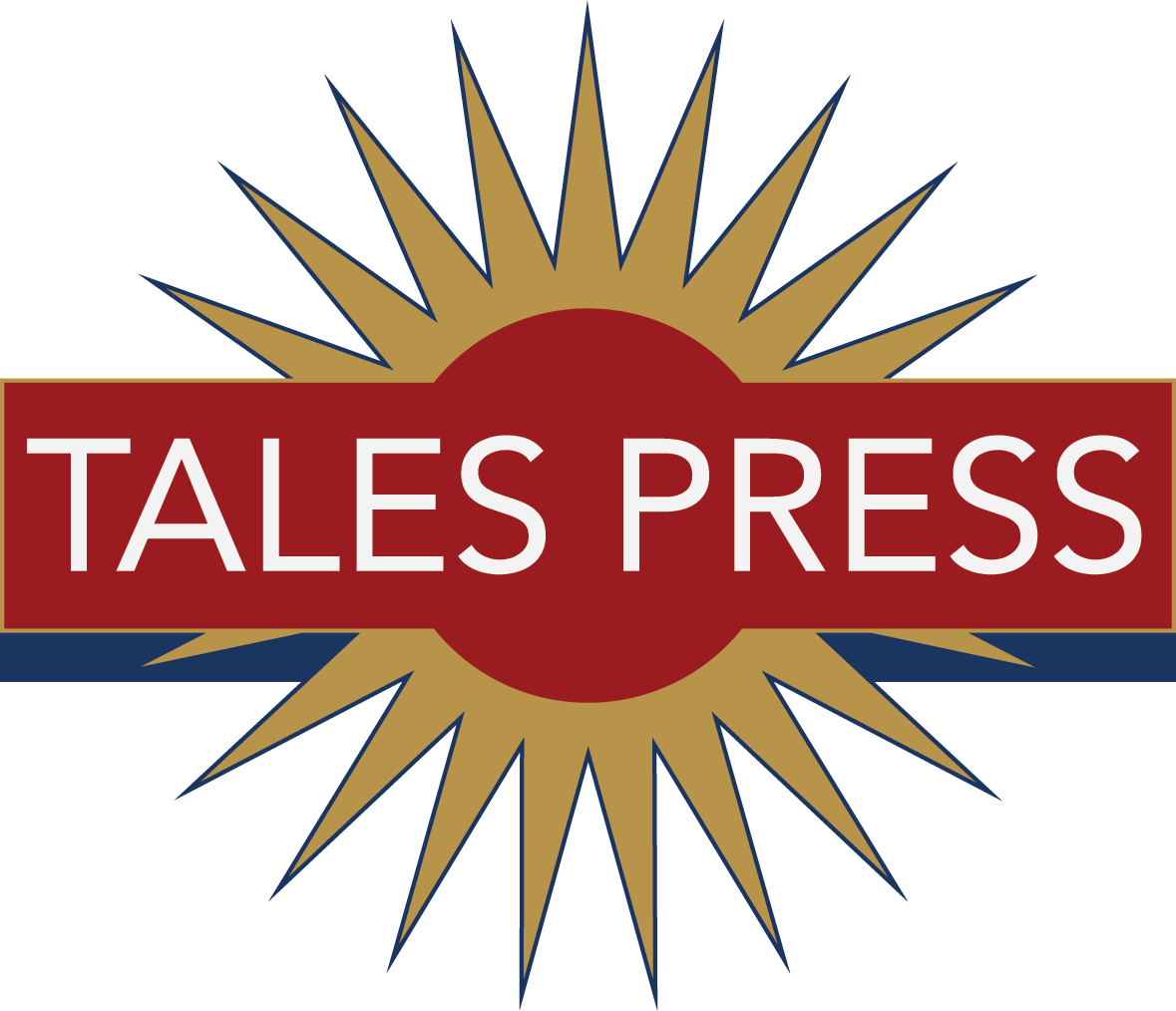Memory of a neighbor back in the day
Ross looked up from the western book he had been reading and peered over his glasses at me as I walked in and sat down in the wooden rocking chair next to him. It was a cold Saturday winter afternoon. I had a canvas bag of Grit newspapers slung loosely over my shoulder.
“What the hell you got there?” he asked, laying his book on the dining room table, fishing a Chesterfield out of his tan work shirt pocket and reaching in his matching trouser pocket for his Zippo.
“Grits,” I said, eyeballing the cigarette. “I’m going to sell Grit newspapers and make some money. I read that Ted Williams and a lot of other successful people started out sellin’ Grit.”
“It’ll take a damn site more than sellin’ Grit to make you successful,” he said and laughed. “You can’t believe all you read, son.”
“Maybe not, but it’s a good newspaper, and I can make some money. Will you buy one from me? It’s got a lot of good stories in it. It’s even got some westerns like you like,” I said and handed him a paper opened to the western story.
He took the paper and glanced at the story and leafed through it to the end of the installment. Then he closed the paper and handed it back to me. Still, he said nothing.
“Well, will you buy it every Saturday?” I asked.
“Nope. I don’t read continued stories. When I read a book, I want to read it, not wait a week to read the next chapter.”
“There’s a lot more in the paper than just those stories.”
“I don’t buy anything that has continued stories in it,” Ross said. “I’ve already told you that.”
“Would you buy it if they weren’t continued?”
“Maybe, but that won’t happen.”
I didn’t say any more about it then. We talked for a few more minutes before he lit another cigarette. “Can I have one?”
“No, you can’t have one. Your mother would shoot me if I gave you one. Even if your mother didn’t care, I’m not going to furnish you with cigarettes. Buy your own. You’ve got a job.”
“Are you coal buckets full?” I asked.
“No, there’s a couple of them empty. The ashes haven’t been taken out, either.”
Without another word, I got up and took the ashes from the stove in front of us out to empty. Before I came back inside, I took the two empty buckets to the coal house and filled them. When I returned to the house, Ross was reading again. Clara, his wife, thanked me for filling the buckets and offered me some cookies she was baking. I said thanks but declined.
As I sat down in the chair again, Ross looked up at me and gestured to the table at a single cigarette. “Don’t ask for another one today,” he said and lay the book down again.
“Thanks,” I said. I knew that he’d give me a cigarette if I did something for him. Listening to him talk, I planned how to get him to buy Grit. I already had the letter written in my head. I just knew the publisher would discontinue the stories if he knew somebody wouldn’t buy Grit because he didn’t like continued stories.
Finishing the cigarette, I got up to leave. Ross pointed to several western books on the table. “Take these to your dad. Bring me some of his when he’s finished with them. I’m gettin’ low on readin’.”
I looked at the covers. Most of them were ones I hadn’t read. He had marked “Red” on the front cover so I knew he had. I’d asked him one time why he wrote “Red” instead of “Read” on them.
“R-e-a-d doesn’t spell ‘Red,’ does it? I’ve ‘Red’ them, not ‘Read’ them.”
It made sense to me. A lot of what he said and did made sense, I thought. Like his name. It was Roscoe Trigg. He had no middle name. He didn’t like the looks of “R. Trigg” on his mailbox, so he added a W to make it suitable to him.
Later, when I brought the letter to him and showed him why the publisher said he couldn’t change the format, Ross laughed and said he knew they wouldn’t. “They want you to buy the paper every week. That’s why they write the continued stories, and I don’t want to buy it at all.”
Then came August one summer. I’d been gone for a few weeks, detasseling corn and picking cherries. It was late dusk when we drove by his house. He was in the driveway, and I hollered at him. “Hi, Ross. How are you?”
“Why, hi, there, boy! I’m good. How’re you?”
“Good,” I said. It was good to be back. I’d missed him. “I’ll be over to see you in the morning.”
But I never got to talk to him again. He died of a heart attack that night. I couldn’t believe it. He couldn’t be dead. But he was. He died a natural death, though—a quick death. The way he would have wanted it, I always thought, because he didn’t like continued stories.


